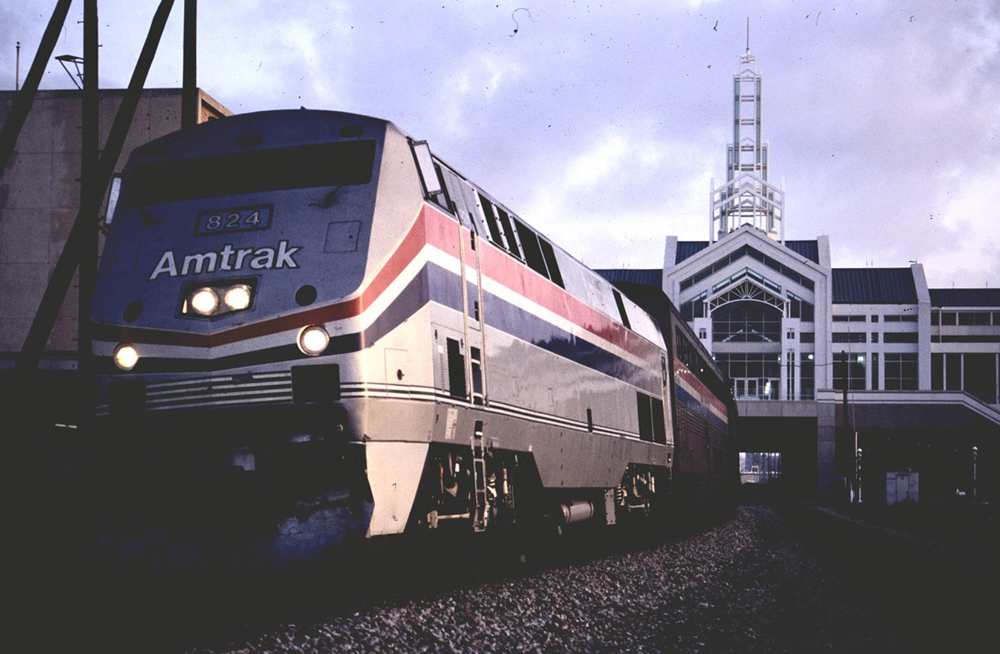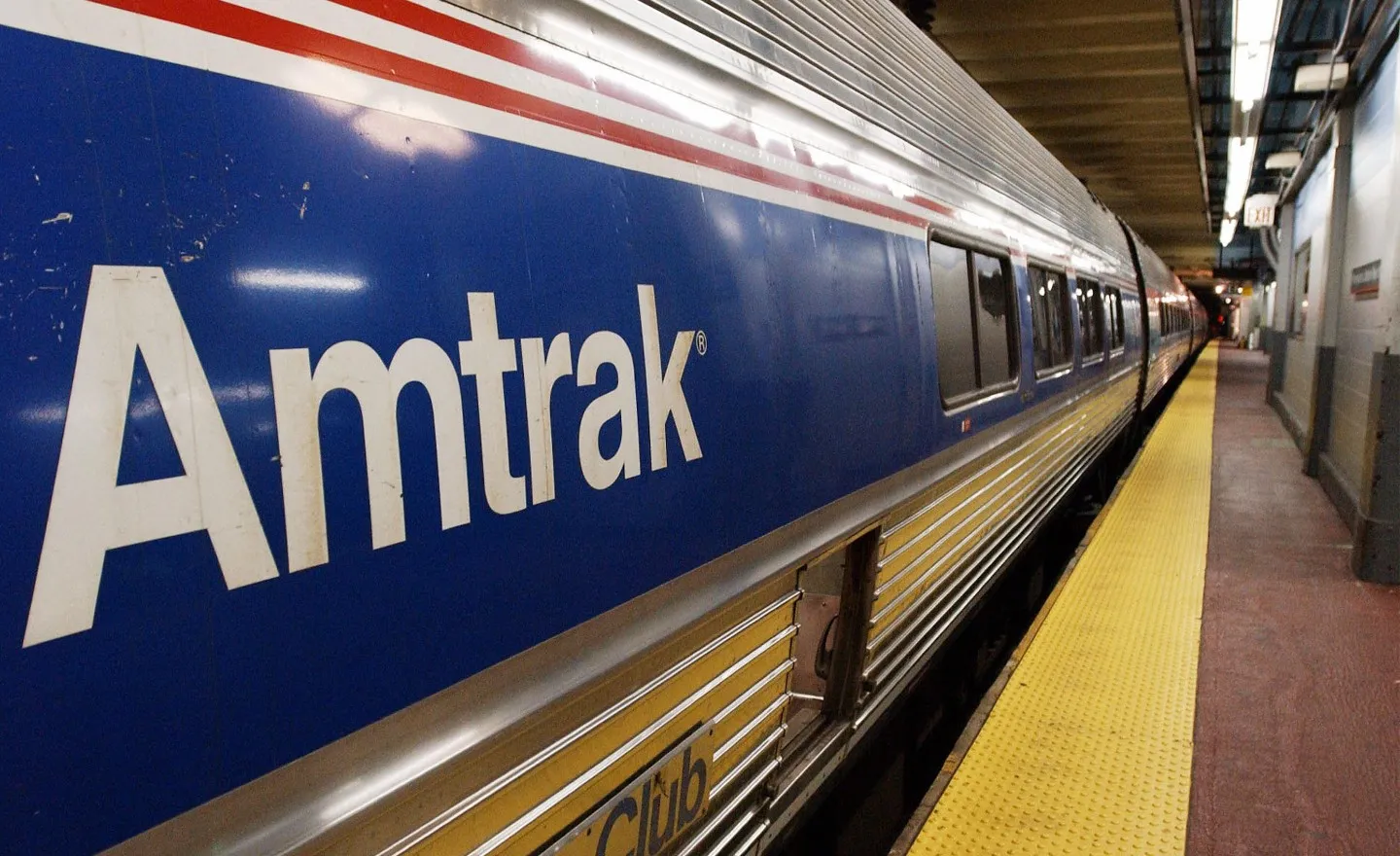
Amtrak passengers traveling in the Northeast Corridor, the vital rail line linking Boston, New York, and other cities with Washington, D.C., may experience delays this summer due to high temperatures.
Anticipated Delays Due to Heat
Amtrak Northeast announced Tuesday on social media platform X that departure times have been adjusted to compensate for expected heat-related delays. This announcement comes as climate change intensifies the severity of weather events globally. In the U.S., at least 23 people lost their lives during holiday weekend storms across five states. Passengers in the Northeast Corridor should anticipate delays ranging from 5 to 20 minutes when track owner and maintainer CSX issues a heat order, which reduces the maximum speed of trains. These orders are common from May to August, according to Amtrak.
Heat’s Impact on Rail Safety
Extreme heat can significantly hinder rail operations and pose safety hazards. High temperatures cause rails, bridges, and overhead power wires to expand, necessitating speed restrictions to maintain safety. Amtrak requires locomotive engineers to limit speeds to 100 miles per hour when rail temperatures reach 131 degrees and to reduce speeds to 80 miles per hour at 140 degrees. Nearly half of Amtrak’s trains operate at speeds of 100 miles per hour or greater, with high-speed intercity passenger rail trains reaching speeds up to 150 miles per hour.
More than 70% of the miles traveled on Amtrak trains are on tracks owned by other railroads, including CSX. CSX’s network encompasses about 20,000 miles of track across 26 states, the District of Columbia, and two Canadian provinces. For updated scheduling information, passengers can visit Amtrak.com, use its mobile app, or contact customer service at 1-800-872-7245.
Rising Ridership and Operational Adjustments
Amtrak experienced a significant increase in ridership in fiscal year 2023, with nearly 29 million passengers, marking a roughly 25% rise from the previous year. This growth was fueled in part by substantial increases in the Northeast Corridor, where ridership consistently exceeded pre-pandemic levels starting from early summer.
Amtrak, a federally chartered corporation, operates as a for-profit company rather than a public agency. The adjustments in schedules due to anticipated heat-related delays highlight the challenges of maintaining rail safety and operational efficiency in the face of changing climate conditions.

As climate change continues to influence weather patterns and temperatures, Amtrak and other rail operators must adapt to ensure the safety and reliability of their services. Passengers should stay informed about potential delays and plan their travels accordingly, utilizing available resources to keep track of schedule changes and updates.
